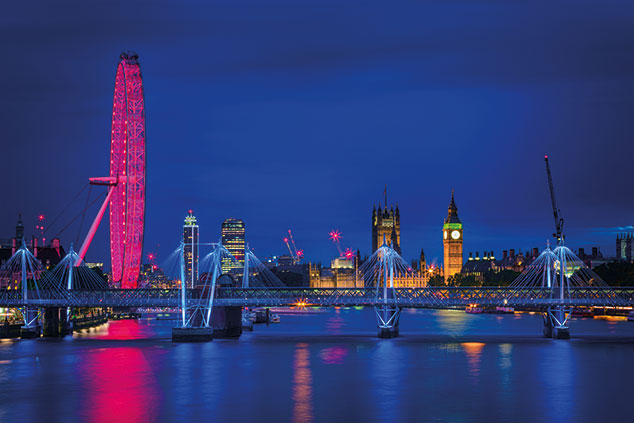
Over the past ten years, says Jonathan Jones in The Daily Telegraph, the S&P 500 returned 305.3% while the FTSE All Share returned 142.5%. But in the next ten years, it should be a different story. Keep in mind, says Tom Stevenson in the same paper, that long-term returns depend on the price you pay when you buy, and however much turbulence there may be in the short term amid a possible no-deal scenario, that price “is now low enough for investors to hold their noses and jump in”.
Shares in the FTSE 100 cost just ten or 11 times expected earnings on average. In the US, meanwhile, the latest price declines have done nothing to change the fact that stocks are historically overpriced, which militates against healthy long-term returns. Investors should take a particularly close look at UK companies’ growing dividends, says Ian Cowie in The Sunday Times. Fears about our economic prospects have caused fund and share prices to fall, pushing up yields. The ten biggest British businesses offer yields of about 5% to investors “brave enough to buy today”. The yield on the FTSE 100 currently stands at 4.3%, which is compelling in an “environment of lower-for-longer interest rates”, says Stevenson in The Daily Telegraph. There are plenty of “bargains in the January sales”, adds Collins. House builders have “solid-looking balance sheets”. The UK’s largest property company, Land Securities, is at a seven-year low, while the shares of water and electricity companies yield 6% or 7%.